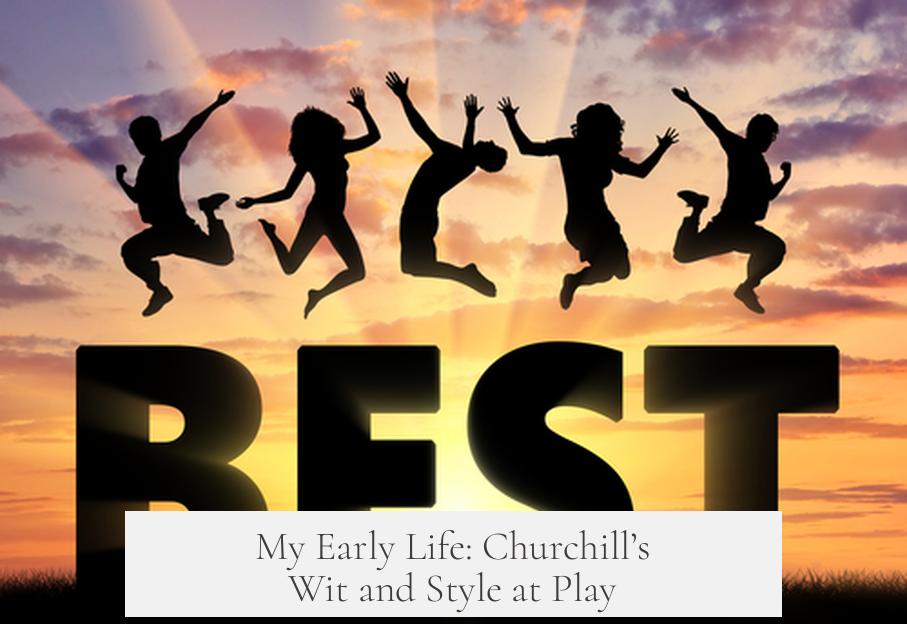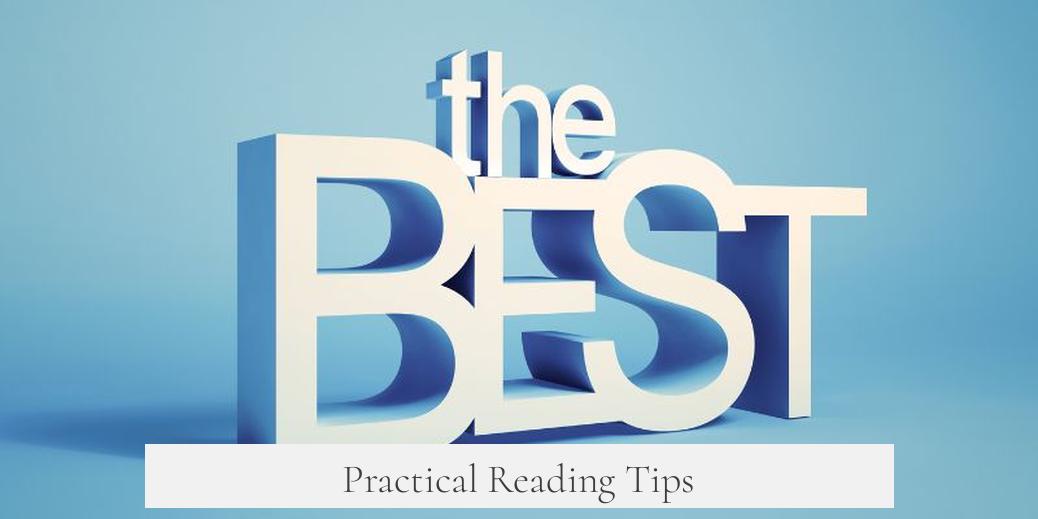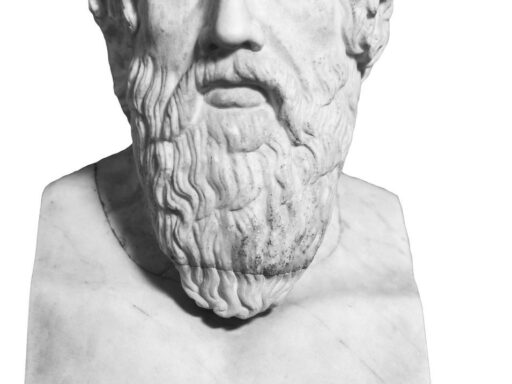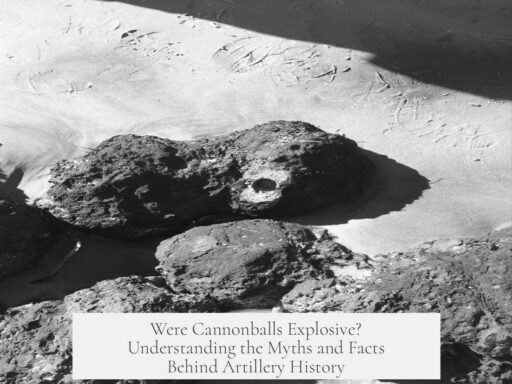Winston Churchill’s best books, prized for both their literary style and historical quality, are primarily “The Second World War,” “A History of the English Speaking Peoples,” and “My Early Life.” Each offers a unique blend of history and narrative shaped by Churchill’s personal experience and perspective.
“The Second World War” stands out as Churchill’s most celebrated work. It blends memoir with historical analysis, offering an insider’s view of the global conflict. The narrative is detailed, covering military strategies and political decisions, but it also carries Churchill’s personal judgments and ideals. This subjective lens shapes the account, making it as much a personal story as a historical one. Readers gain insight into Churchill’s leadership and the war’s complexity, but they should be aware that the work reflects his entrenched beliefs and biases. Despite this, the book remains a cornerstone of 20th-century history literature.
“A History of the English Speaking Peoples” is another major work. It traces the broad history of Anglo-American relations and cultural developments. This multi-volume set is expansive and suited for readers with a deep interest in the Anglosphere’s evolution. Like his war history, it also carries Churchill’s subjective perspective. It is less a strict academic history and more a grand narrative shaped by Churchill’s worldview. The style is formal and extensive, demanding time and focus but rewarding readers with rich historical context.
For those prioritizing literary style, “My Early Life” is often recommended as Churchill’s most enjoyable read. It offers a humorous and lively autobiography, distilling his early years, including his time in South Africa and notable adventures like his daring escape from captivity. Unlike his later, more formal works, this book is concise and engaging, avoiding the overly long-winded style Churchill sometimes employed. It reveals Churchill’s character clearly and feels more personal since it was written before his intense research period at Chartwell. While it may hold lower historical significance compared to his world histories, its readability and vivid storytelling make it appealing.
Churchill’s literary style across these works combines clarity and directness with moments of vivid description. His writing is consistent but can be lengthy and detailed. “My Early Life” stands apart for its humor and brevity, making it a standout in terms of pure literary quality. His other works, though sometimes dense, provide invaluable historical insights given his first-hand involvement in the events described.
Critically, readers should bear in mind Churchill’s subjective perspective across his histories. His narratives are deeply influenced by strong personal ideals, which color his interpretation of events. This does not invalidate the historical value but requires a careful, discerning reading. His books serve as both chronicles of history and historical artifacts themselves, reflecting the views of a key historical figure.
Choosing which Churchill book to read depends largely on the reader’s interest:
- For detailed, grand-scale historical analysis with personal insights, choose The Second World War.
- For an extensive history of the English-speaking world with a broad focus, opt for A History of the English Speaking Peoples.
- For a more accessible, engaging, and humorous narrative on Churchill’s early years, My Early Life is the best pick.
Below is a simple overview for quick selection:
| Book | Focus | Style | Historical Value | Recommendation |
|---|---|---|---|---|
| The Second World War | WWII history & personal memoir | Detailed, formal, subjective | High, unique insider perspective | For serious WWII and Churchill readers |
| A History of the English Speaking Peoples | Broad Anglo-American history | Expansive, formal, subjective | High, but more narrative than strictly academic | For deep historical interest in Anglosphere |
| My Early Life | Churchill’s youth and early adventures | Concise, humorous, personal | Moderate, autobiographical | Best for literary enjoyment and personal insight |
In essence, “The Second World War” and “A History of the English Speaking Peoples” shine for their historical breadth and depth, shaped by Churchill’s inimitable voice. “My Early Life” offers a lighter, yet richly personal lens into his character and style. The choice depends on whether the reader prioritizes historical analysis or literary engagement.
- Churchill’s best historical works are “The Second World War” and “A History of the English Speaking Peoples.”
- “The Second World War” uniquely combines memoir with historical analysis.
- “My Early Life” ranks highest for literary style and personal storytelling.
- All works reflect Churchill’s subjective views, requiring careful reading.
- Choose based on your interest in WWII history, broad Anglo history, or Churchill’s personal early years.
Which Books by Churchill Are His Best? Literary Style and Historical Quality Answered

When deciding which books by Winston Churchill are truly his best, especially if you value literary style along with historical insight, the answer points chiefly to three works. These are The Second World War, A History of the English Speaking Peoples, and My Early Life. Each offers a distinct flavor of Churchill’s style and historical perspective.
But let’s untangle what makes these books stand out. Why read one over the other? Which one serves the dual purpose of being a gripping read *and* a reliable historical work? Buckle up; Churchill’s world is as rich and complex as the man himself.
The Second World War: Memoir Meets History
The Second World War is often hailed as Churchill’s magnum opus. It’s no dry academic tome but rather a unique blend of personal memoir and historical chronicle. Churchill was not just a commentator but a key player in this global theater. His writing reflects this insider’s view, giving a powerful first-hand account wrapped in sharp political analysis.
However, be warned: Churchill’s perspective is decidedly subjective. His personal ideals and values shine through every chapter, coloring the narrative. But here’s the kicker — far from discrediting it, this subjectivity actually enriches the work. You get a history that’s alive with passion, political insight, and the weight of direct experience.
Reading this book feels like sitting across the table from Churchill himself, listening to his reflections on triumph and tragedy. It’s dense but rewarding — a lengthy read for sure, but one worth the time. If you want to experience WWII not just as history, but through the eyes of one of its central architects, this book is indispensable.
A History of the English Speaking Peoples: A Wider Sweep
If you’re drawn toward grander historical narratives, A History of the English Speaking Peoples offers a sweeping overview of the Anglosphere’s development. This is Churchill casting a wider net — from early history to modern times — knitting together the thread of shared language and culture.
The book follows the same subjective strands as The Second World War. Churchill’s personal voice is unmistakable, urging readers to consider not just facts but national character and destiny. This history is massive. Prepare for a long-haul journey through empire grandeur and complex political evolution.
For someone looking to grasp the cultural and political roots of the English-speaking world, it’s a remarkable exploration. Just remember to keep the subjective nature in mind; Churchill isn’t a detached historian but a passionate participant in the story of these peoples.
My Early Life: Churchill’s Wit and Style at Play

Now, here’s a gem that often gets overshadowed by the weighty histories: My Early Life. According to Roy Jenkins, Churchill’s biographer, this is probably the most enjoyable read among Churchill’s works. Why?
Because it’s lighter, filled with humor, and much more concise than his later, often verbose writings. Think of it as Churchill before the research empire at Chartwell. It feels more personal and intimate, peeling back the great man’s early years, his adventures, and his youthful escapades, like his time in South Africa and a daring escape.
This book is less about exhaustive history and more about character. If you want to understand Churchill *the man*, this is your go-to. It captures his spirit, determination, and humor — all while avoiding the excessive long-windedness he sometimes succumbed to later.
One Reddit user — charmingly nicknamed /u/TheNecromancer — summed it up aptly: these writings are as much “a piece of history” as they are “a chronicle of history.” In this light, My Early Life plays double duty as a personal and historical record.
If literary style matters greatly to you, and you want a book that flows naturally without sacrificing substance, this is the best starting point.
What About Subjectivity? Should It Bother You?
Churchill’s voice isn’t neutral. His histories echo with his ideals and values, sometimes drawing criticism for partiality. But isn’t every historian influenced by their context and beliefs?
The key takeaway is this: Churchill’s works remain invaluable precisely because they’re subjective. They show history through the lens of a man whose decisions shaped much of the 20th century. They are both history and part of history.
Approach his books like you would a memoir from a powerful, influential leader — and not like a simple textbook. Knowing his subjectivity lets you read critically and engage more deeply with his style and insights.
Choosing the Right Churchill Book for You
So, which one should you read? It depends on what *you* want.
- If you want a sweeping, authoritative, and deeply personal account of WWII, dive into The Second World War.
- If your interest lies in cultural and historical roots spanning centuries of English-speaking countries, try A History of the English Speaking Peoples.
- If you’re more curious about Churchill’s personality and early life—served with humor and brevity—open My Early Life.
All three share a consistent literary style: a conversational yet commanding tone, an engaging prose style, and a willingness to lay bare Churchill’s character.
Among these, My Early Life boasts the sharpest literary polish. If you’re new to Churchill or want a break from heavy tomes, this is the most rewarding leap in style and readability.
Practical Reading Tips

Reading Churchill can test your patience, especially if you dislike verbose passages. For best results:
- Set realistic goals: These books are long; split reading into sessions.
- Use supplemental materials: Maps and timelines can anchor historical context.
- Keep a critical mind: Remember Churchill’s subjectivity and political aims.
- Engage with different perspectives: Pair Churchill’s works with other historians to balance views.
And hey, it’s not every day you get Winston Churchill himself as your storyteller. His literary style—part grand public orator, part reflective writer—is a rare bridge between history and literature.
In Conclusion: The Best Churchill Book for Literary Style and Historical Insight
Churchill’s greatness shines through his writing. If a reader seeks both engaging literary style and solid historical value, My Early Life wins for style and personality; The Second World War reigns for comprehensive historical analysis infused with personal experience; and A History of the English Speaking Peoples fascinates for its broad scope and narrative ambition.
So, what are you waiting for? Fancy a dive into war rooms, empire tales, or laughter-filled youth? Churchill offers all, but you choose the portal that fits your mood and curiosity!
Which of Churchill’s books best showcase his literary style?
“My Early Life” is widely praised for its humour and concise style. Unlike his longer works, it avoids lengthy detail yet remains substantive. It offers insight into Churchill’s character through personal stories.
What are Churchill’s most important historical works?
“The Second World War” and “A History of the English Speaking Peoples” rank as his key historical texts. They cover major events and broad history but reflect Churchill’s personal viewpoints.
How subjective are Churchill’s historical accounts?
His narratives mix history with personal memoir. Churchill’s strong ideals shape his perspective, which adds color but requires readers to consider bias when using them as sources.
If I want a balance of readable style and solid history, which book should I pick?
“The Second World War” combines personal memoir with event analysis. It is detailed yet engaging, making it a good choice for both literary quality and historical depth.
Does Churchill’s style change across his writings?
His style stays mostly consistent but is tighter and more engaging in early works like “My Early Life.” Later, his books can be more expansive and detailed due to research intensity.



